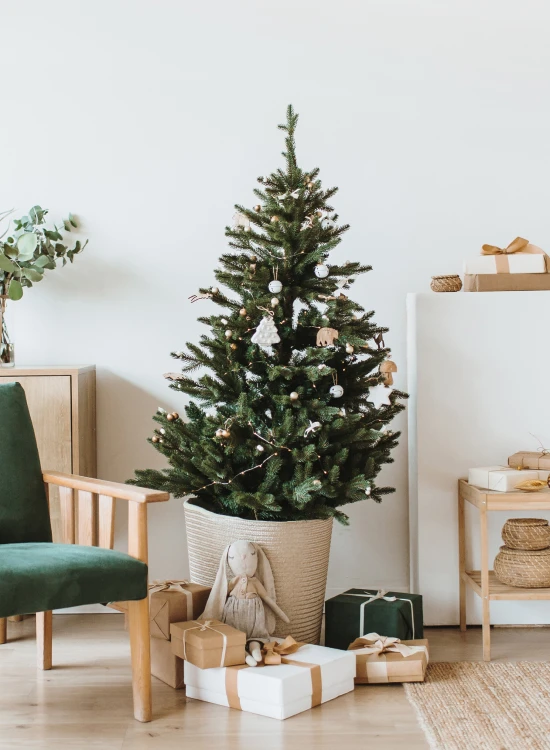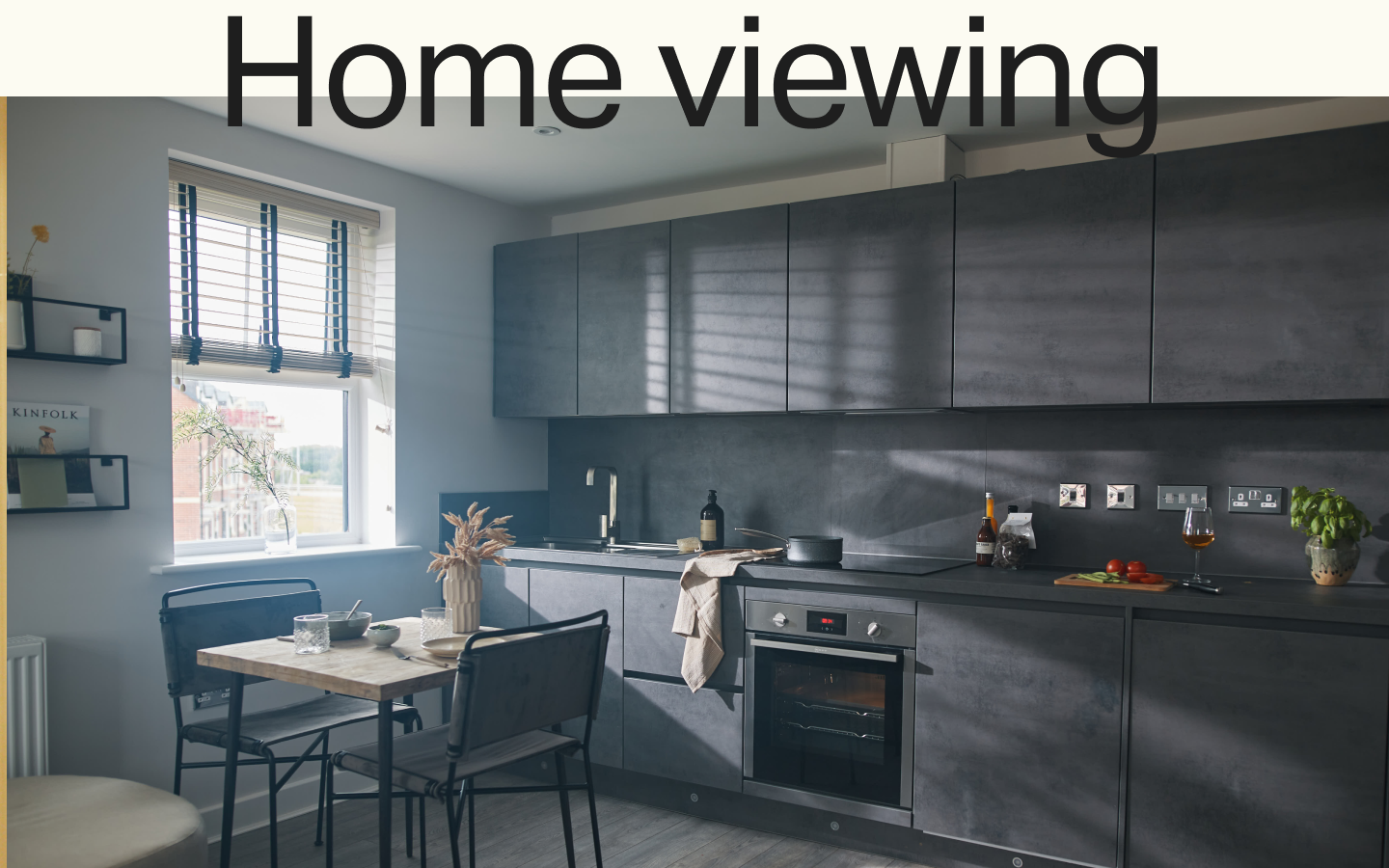
How to book a home viewing
Buying a home one of the biggest purchases you’re likely to make in your lifetime. Although it is an emotional and exciting journey, it’s also important to be rational and consider all the facts before committing to buying the house you’re fallen in love with.
Booking a home viewing is one of the most important parts of the buying process and will give you a chance to look closer at the house you’ve fallen in love with on paper, to make sure it’s the right fit for you.
Contact the agent or builder to book a viewing
If you’ve found the house of your dreams online or in an estate agent’s window, it’s time to take the next step and book that viewing. If the property is listed with an agent, you can ask them for the next available appointment to be taken around the home for a closer look.
If you’re looking at a new build home, simply contact the builder directly through their website or telephone number to book a viewing.
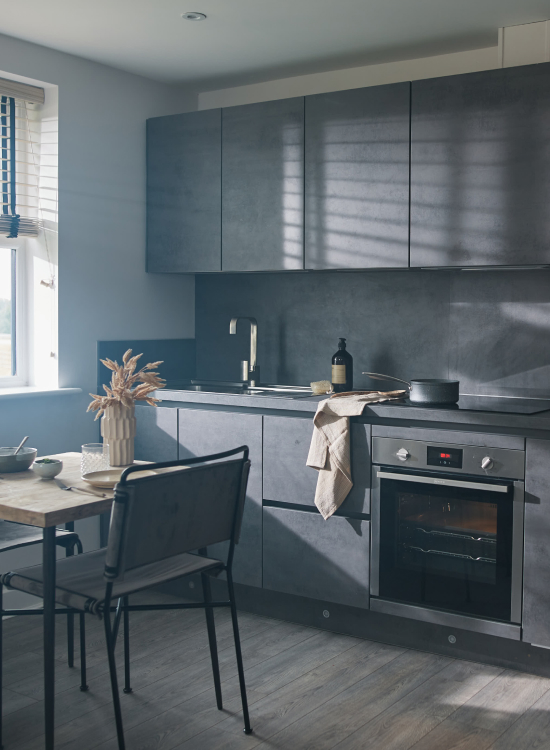
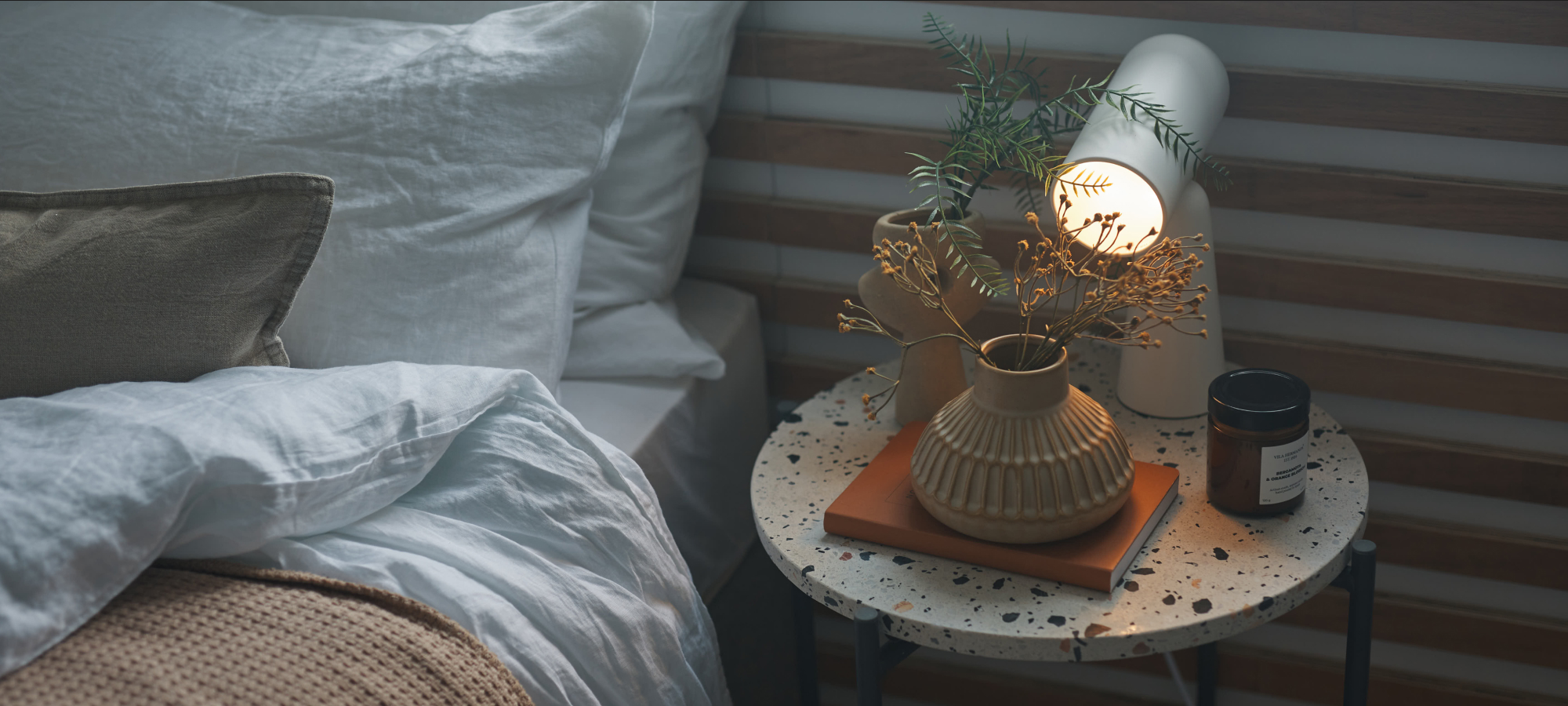
Allow plenty of time and ask to look around on your own
Book the viewing on a day or evening when you don’t have anything else to rush back for. It’s important to give yourself plenty of time to have a good look at the property; you could end up spending your life in this home so don’t rush around it at the viewing.
Having an estate agent breaking down your neck while you look around can be quite off putting, and is often one of the reasons people rush through house viewings. Rather than leading you around our show homes and talking positives and sales speak at you, our Customer Experience managers prefer to leave you to look around in your own time and let the homes speak for themselves. You can then come to them with any questions you might have when you’re ready.

Don't get emotional and book more than one viewing
Yes, buying a home is emotional. But when viewing a house you have to park the emotion and think rational for a little while.
Are the bedrooms enough for your future and family plans? Is the price right based on what work would need to be done on the property? Are there good local schools nearby? Is it practical for getting to work?
You’re always going to see the home in a different light the second or third time around. Allow yourself multiple viewings before making the decision as you might spot things you didn’t initially or have further questions that you didn’t think to ask the first time around.
With the permission of the homeowner if you’re viewing a currently owned property, take plenty of pictures so that you can look back on them afterwards as well. This will jog your memory when you’re trying to think back to the viewing at that all-important decision time.
Test everything!
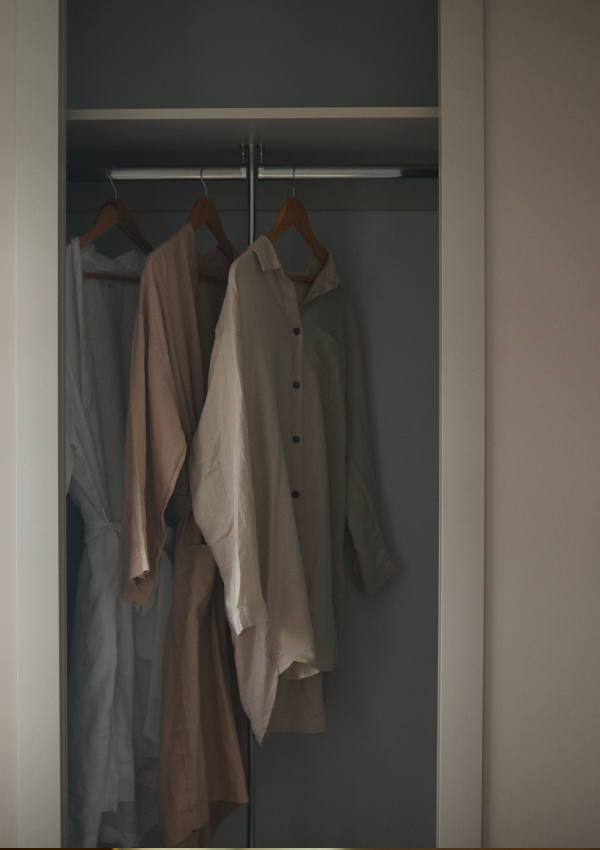
If you’re going to be spending a large sum of money on this property, don’t be afraid to get stuck in! Test the fixtures and fittings.
Things to look out for include water pressure throughout (run taps both up and downstairs to check this), how the windows open, the locks on all doors and windows work effectively, the lighting and electrics all work, and more. If there’s anything you can’t test yourself (e.g. a burglar alarm or the level of loft insulation), just ask the agent or sales person and they should be able to help.
Beware of damp and look around the local area too
If you’re buying an older property, damp is a common issue that can go undetected until purchase, resulting in a lot of time and money needing to be spent to fix it.
Signs to look for include:
- A musty or damp smell
- Wallpaper that is peeling at the edges
- Bubbles in paintwork
- Dark residue or mould on any area of wall or ceiling
If you suspect or spot damp and still want to proceed with the purchase, it is worth getting a full survey done to ensure there is no underlying structural issue causing the damp. If this is found to be the case, consider asking the seller to carry out the necessary works to fix the issue before you agree to buy or, if you’re willing to get the work done yourself, ask for a discount on the asking price relating to the money you would need to spend on the works.
So you love the home, inside and out, but what do you know about the surrounding street and area? It’s important to check the area out before committing to buy the home as you could find it isn’t right for you.
Things to consider about an area:
- Local amenities (what local shops, GP surgeries, dental practices, etc. are nearby?)
- Travel (bus routes, nearest train station and what lines run through there, proximity to motorway and major A roads)
- Schools (how many schools are in the local area and what is their reputation/OFSTED rating?)
- Is there a sense of community in the area?
You can ask the agent or seller these questions but it’s also good to do your own research and take a look around the area yourself to get a feel for the place you could call home for many years to come.

